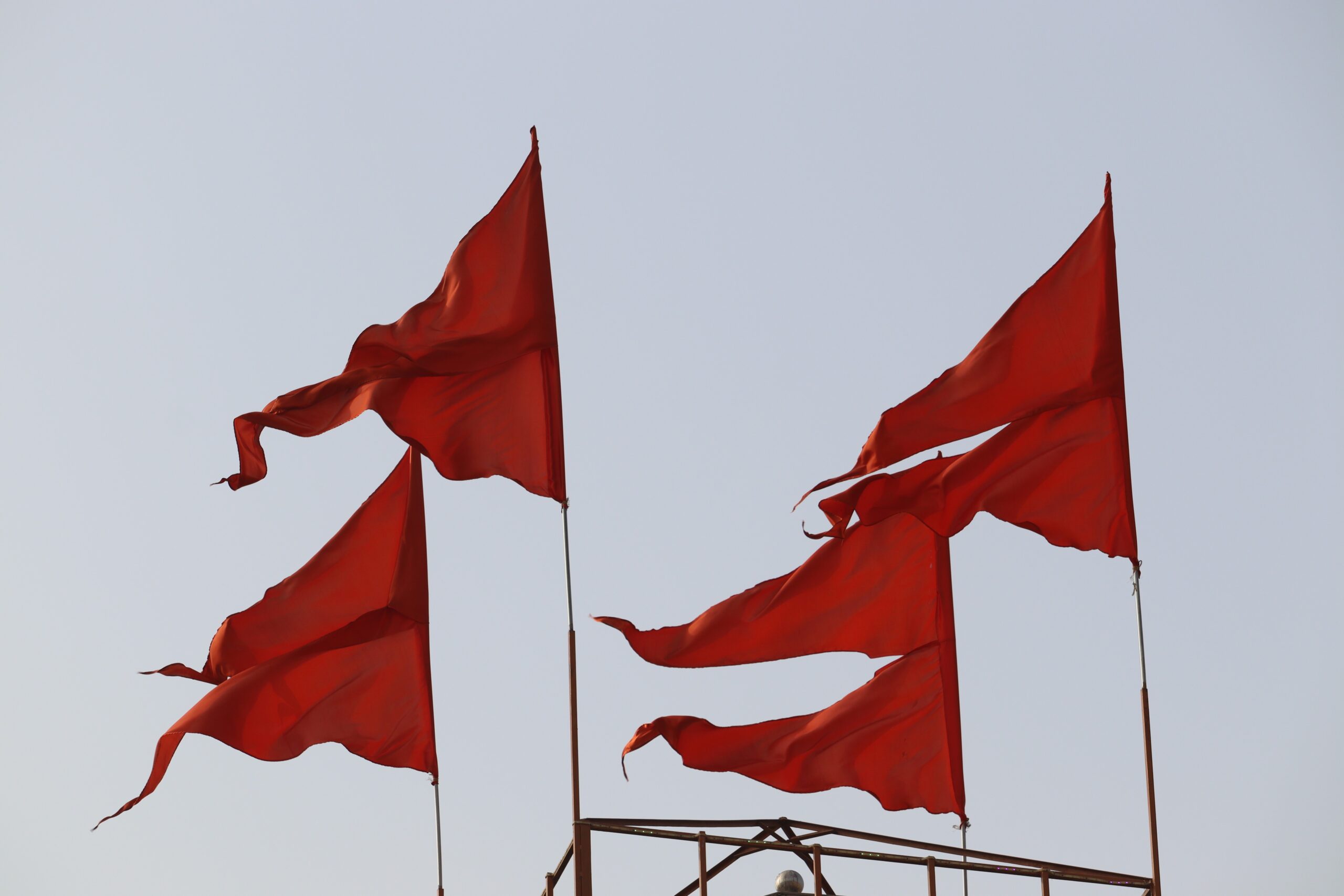
The Union Minister for Higher Education in India started a political debate by suggesting the renaming of Ravenshaw College and University in Cuttack, Odisha, due to the controversial role of its founder, Thomas Edward Ravenshaw, in the Odisha famine, which claimed millions of lives. Renaming universities and educational institutions is not a new phenomenon in the state. The previous government, led by the BJD, changed the name of Kalahandi University to Maa Manikeshwari University, succumbing to the demands of Hindutva politics in the state. However, did this name change lead to any kind of radical educational transformation in the material conditions of educational infrastructure and address the existing educational deprivation at the university?
Colleges, universities, and higher education institutions in Odisha suffer from a severe lack of skilled and qualified teachers, research-led teaching, research centers for training, infrastructure, and funding for teaching, research and development. Libraries, toilets, classrooms, and accommodations for students and staff are in deplorable condition. Successive governments in the state have neglected higher education for decades, leading to its current devastating state. Instead of investing in the expansion and improvement of higher education in the state, engaging in debates over the branding or rebranding of Ravenshaw or any other institution is meaningless.
However, name changes can be seen as a branding or rebranding exercise, a practice that occurs frequently worldwide. This is not inherently problematic if it serves a meaningful purpose for the greater common good. Before imposing any renaming of educational institutions, it would be more democratic to hold a referendum, taking into consideration the views of all stakeholders and the people into consideration. There are two ways of looking at branding and name changing exercise of educational institutions.
Firstly, the branding and rebranding of educational institutions, colleges, and universities can be seen as an extension of corporate strategy, reflecting the encroachment of corporate culture into higher education. In Odisha, this practice serves as a political strategy for the two mainstream parties, the BJP and BJD, allowing them to evade responsibility and public accountability for the current state of higher education in the state. Changing a name does not address the material and non-material conditions of the deteriorating higher education system in Odisha, which has suffered from the apathy of both the previous BJD government and the current BJP government. By focusing on the renaming debate of the historic Ravenshaw College and Ravenshaw University in Cuttack, these ruling parties are diverting public attention from their failures in defending and promoting higher education in Odisha.
Secondly, renaming can also be viewed as part of a decolonisation process, where rebranding an educational institution is essential to reflect local ethos and address local needs. This process involves transforming the current curriculum, which often continues to reflect Eurocentric worldviews and undermines local knowledge traditions. Hindutva, as a dominant political and ideological narrative, can neither serve the cause of decolonisation nor effectively lead a decolonisation project, as it is itself a product of Eurocentric knowledge traditions and legacies of British colonialism in India.
The Hindutva-driven renaming exercise is part of a corporate diversionary strategy and has nothing to do with the decolonization of educational institutions in terms of their names, legacies, or curriculum. The Eurocentric nature of Hindutva ideology is not organic to the multicultural ethos of Odisha or India. Therefore, true decolonization of the curriculum requires the rejection of Hindutva ideology within educational frameworks. Simply changing the names of places, railway stations, cities, and educational institutions is insufficient to end colonial legacies. Decolonisation must involve the rejection of all forms of colonial knowledge traditions and feudal practices in education, society, culture, and politics.
By all means, change the name of Ravenshaw College and University if it genuinely serves the larger project of decolonisation. However, name changes without corresponding progressive changes in educational policies and funding to expand secular, scientific, and regional knowledge traditions is a dubious and reactionary debate. Such a debate serves no one but the ruling elites, upholding the status quo and using diversionary strategies to hide their failures and evade political accountability. One hopes that the state and government will provide the necessary funding and create an academic research, teaching and learning environment that can restore the past glories of higher educational institutions in Odisha.
